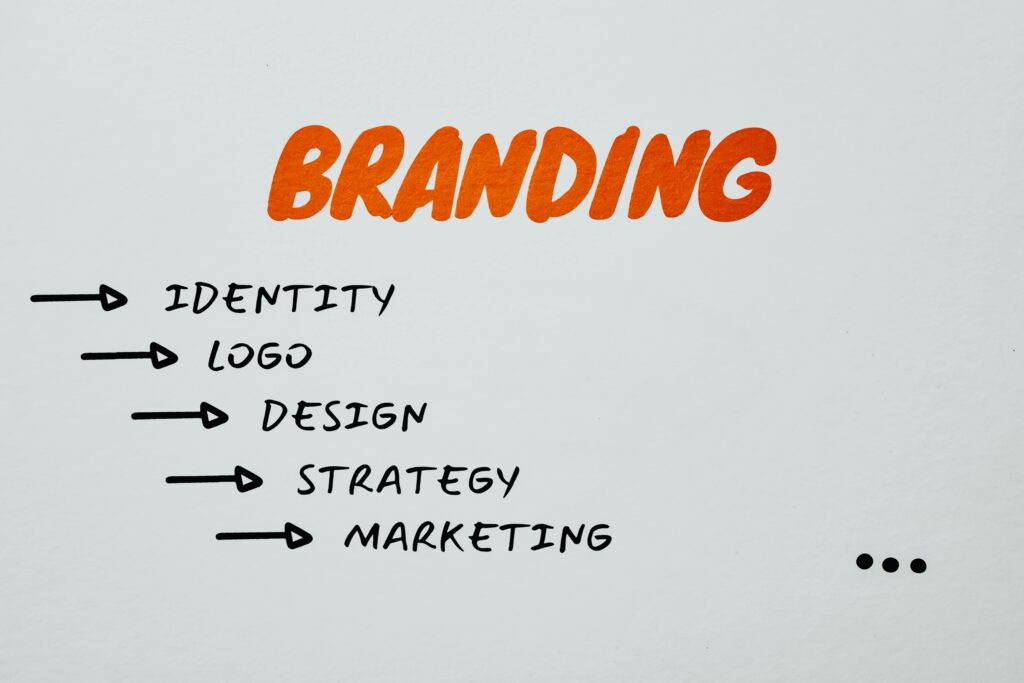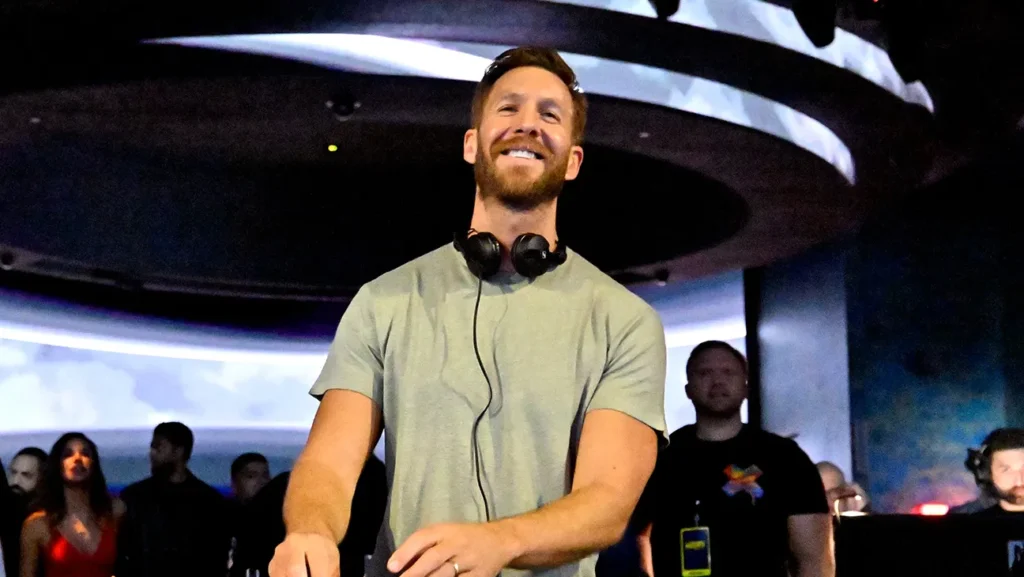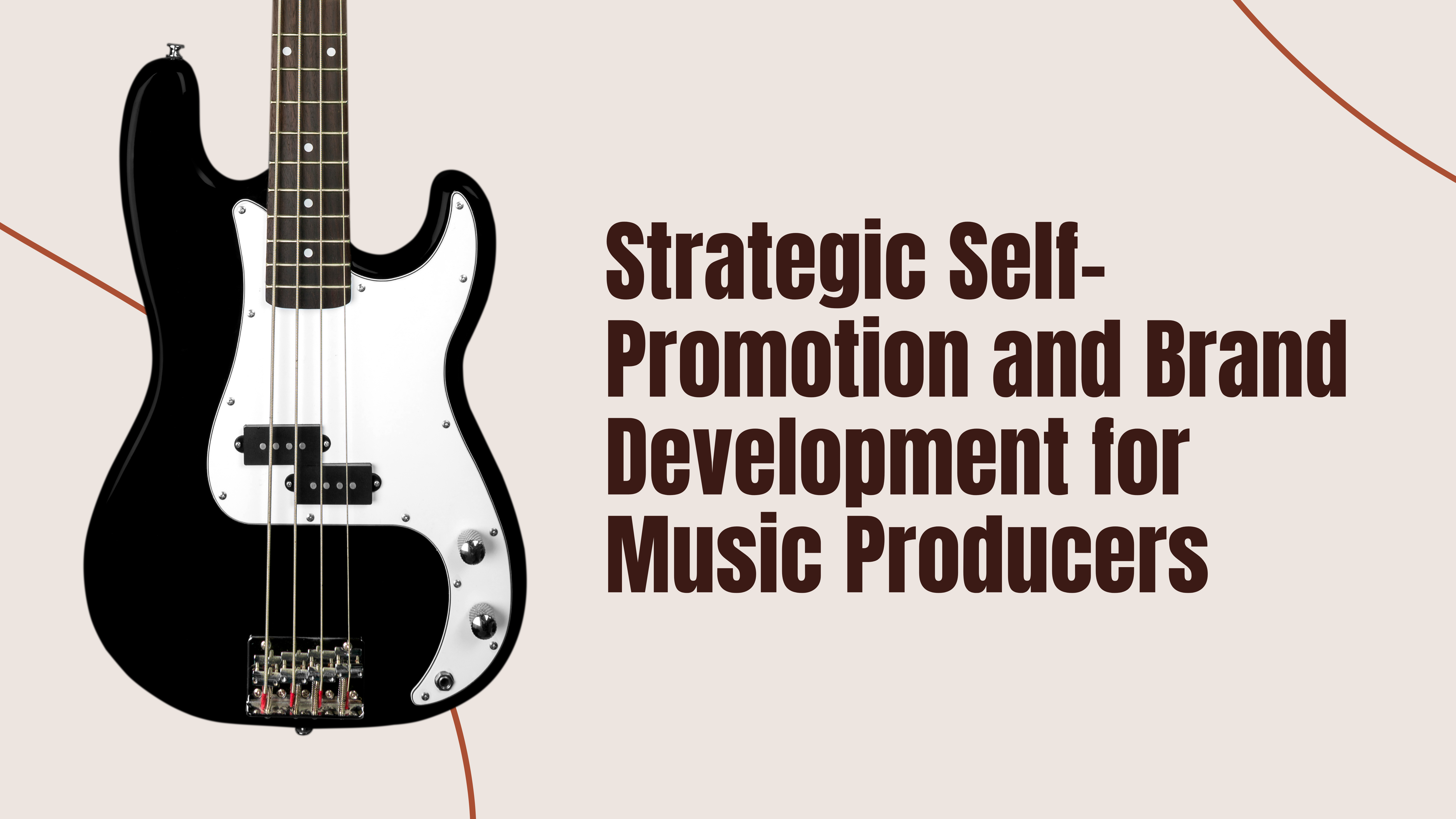Composing music requires business and artistic skills. In the highly competitive music industry, a unique brand identification is essential. Effective branding and marketing tactics can help one achieve long-term industry success by attracting, maintaining, and acquiring new clients.
As a music producer, the following are some straightforward yet effective strategies for constructing and promoting your brand. Irrespective of an individual’s career trajectory, the subsequent guidance may prove beneficial in forging a robust rapport with the target audience and creating a lasting impact.
1. Construct your unique selling proposition (USP)

A comprehensive understanding of the distinguishing factors that set your brand apart from competitors within the same industry is imperative for effective selling. What distinguishes your sound? Your skills or talents in the discussion? Your Unique Selling Proposition (USP) helps you stand out and wow potential clients and contacts.
Initially focus on your abilities, your artistic approach, and the distinguishing characteristics that turn your music unique. This may belong to a particular genre, production technique, sound, or even an individual’s personal history and background. Once you identify your USP, you can employ it as a compass for your branding and marketing efforts.
2. Establish a brand identity that remains consistent

Aspects such as your logo, color scheme, overall appearance, and voice comprise your brand identity. In order to create a memorable name, it is essential to maintain consistency.
Start with a personal design. Your website, social media, business cards, and other marketing elements should share the same logo. Choose colors and design elements to create a brand-appropriate look. Visual aesthetics, graphic designs, and unique videos or photography are examples.
Finally, ensure that your tone of voice is believable and consistent with your audience. Ensure that your discourse and writing regarding your brand align with its persona, whether it be lighthearted and informal or somber and formal.
Also Read Our Article On “The Art of Layering In Music Production: Creating Depth and Texture“
3. Make use of social media

Music producers need social media to grow their businesses in the digital age. TikTok, Instagram, and Twitter enable work sharing, personal promotion, and music community interaction.
Create sophisticated social media pages that match your brand’s image. Consistency in name, color scheme, and images across your profiles will facilitate identification.
Develop a content strategy that highlights your individuality and expertise. Please provide behind-the-scenes views at how you create your work, clips from your most recent projects, or even advice for individuals aspiring to become producers.
Respond to comments, ask questions, and build brand communities to engage with your audience. Collaboration with other artists, creators, or industry leaders can boost your visibility.
4. Differentiate your online presence

In addition to utilizing social media, music producers seeking new followers and clients must have a robust online presence. Display your experience, portfolio, and services on your website as an online storefront.
Buy a professional, brand-aligned website. You should include a “Portfolio” area to exhibit your best work and add client reviews.
In order to optimize a website for search engines, incorporate keywords and phrases that are relevant to its services and genre. This will enhance your discoverability on the internet for clients and admirers who are in search of music artists.
One potential course of action is to establish a blog or vlog (video blog) wherein one can broadcast behind-the-scenes thoughts, advice, and content. By doing so, you enhance your expertise in the field and provide your intended audience with valuable information that will sustain their interest.
5. Establish connections and collaborate

Collaboration and contacts are essential to expanding your music business network and opening new doors. Join industry conferences, events, and networking groups to meet other makers, artists, and professionals.
Offer to collaborate on remixes or other initiatives with others. This could facilitate the exposure of your work to new audiences and result in future initiatives or clients.
One potential course of action is to participate in online music production forums or groups, where individuals can exchange insights, seek clarification, and connect with others who share similar interests.
6. Present a valuable item to your audience

It is imperative to provide something of value to your audience beyond merely showcasing your expertise and offering your services for sale. This may involve offering complimentary instructional resources such as instructional guides, practical advice, or exclusive insights into the artistic process.
You may establish a podcast or YouTube channel to share your music production knowledge. This boosts your credibility as an expert and helps you gain followers and consumers.
Email subscribers and social media followers may receive unique material or discounts. This will encourage community building and brand involvement.
7. Examine and modify

Lastly, remember that in order to succeed as a music producer, you must continually develop and promote your brand. Track your metrics, including website traffic, social media activity, and client inquiries, and monitor your work frequently.
Analyze the data to determine what works and what doesn’t and alter your methods. To keep audiences interested, one must stay abreast of industry advancements and alter operations.
Analysis of the Calvin Harris Case:

1. Formulated his distinctive selling proposition (USP)
Calvin Harris, an EDM producer, became famous by blending house, electro, and pop. His captivating melodies and catchy voice set him apart from other genre performers.
2. Establish a Persistent Brand Identity
Calvin Harris has maintained a consistent and recognizable brand identity. A conspicuous display of his logo, comprising his initials in a large font size, can be observed across his merchandise, music, and social media platforms.
3. Employed social media
Calvin Harris has a huge Facebook, Instagram, and Twitter following. He shares candid photographs of his personal life and frequently engages in fan interactions while teasing new music. He has also collaborated with influential individuals and other artists to cross-promote and reach new audiences.
4. Establish a formidable online presence
Calvin Harris’s brand is centered on his primary website. It contains details regarding his persona, tour itinerary, musical output, and merchandise. Additionally, he has maintained a robust presence on streaming platforms such as Apple Music and Spotify, facilitating his followers’ access to his music.
5. Communicate and collaborate
Calvin Harris has worked with Dua Lipa, Sam Smith and many more. These collaborations have helped him gain fans and become a renowned producer.
6. Presented something of value to his audience
In addition to providing his music with value, Calvin Harris has granted his followers access to exclusive content and events. By opening up about his artistic process on social media and launching his own line of headphones and other products, he has provided followers with a more intimate way to interact with his brand.
7. Examined and modified
Calvin Harris has consistently assessed his progress and modified his approaches in order to maintain novelty and captivation for his audience. He has adapted his approach to accommodate emerging technologies and trends, such as the proliferation of streaming services and social media and how they operate.
These methods assisted Calvin Harris in establishing a prosperous music career. His knack for connecting with fans, branding, and commercial savvy have made him a top electronic dance music producer.
Music producers must sell creatively, consistently, and resourcefully to develop a brand. These tactics and concepts can help you stand out, connect with your audience, and succeed in the ever-changing music market.

